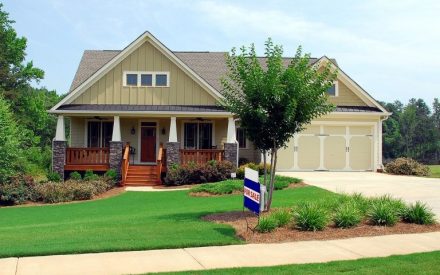A housing cooperative can be a high-rise apartment building, a garden-style apartment, a townhouse, a single-family home, a senior housing complex, or a manufactured home park. A housing cooperative forms when people come together to own and control the buildings they live in. They form a cooperative corporation and pay a monthly amount to cover operating expenses. The cooperative owns the land, the buildings, and any common areas. Members buy shares in the cooperative which entitles the member to the exclusive right to occupy a specific unit.
Types of Housing Cooperative
Limited Equity Cooperatives
Limited equity cooperatives use larger blanket loans with favorable terms and interest rates to reduce the amount of member equity required to finance the cooperative, which also reduces member monthly fees. This type of financing may be available through federal and state government programs and other community financial institutions to support the development of more affordable housing options. To preserve the affordability the favorable financing provides the cooperative limits the increase in the resale price of the member share when it is sold.
Zero or Group Equity Cooperatives
Zero or group equity cooperatives are a tool to provide more affordable housing. Member equity shares are similar to security deposits and don’t accumulate equity appreciation. Monthly occupancy costs are comparable to more affordable rents.
Market Rate Cooperatives
Market rate cooperatives typically require larger member equity share payments. Members purchase or sell their share at full market price. Similar to conventional real estate, members can build (or lose) equity as the value of their unit changes.
Learn more about housing cooperatives and find valuable resources at UW Center for Cooperatives.










